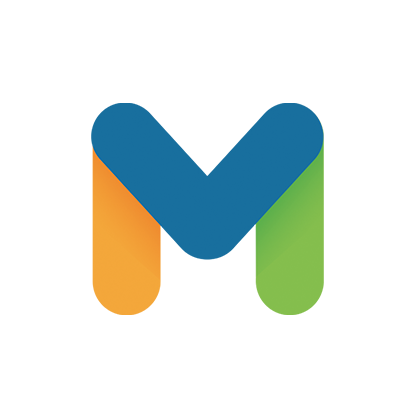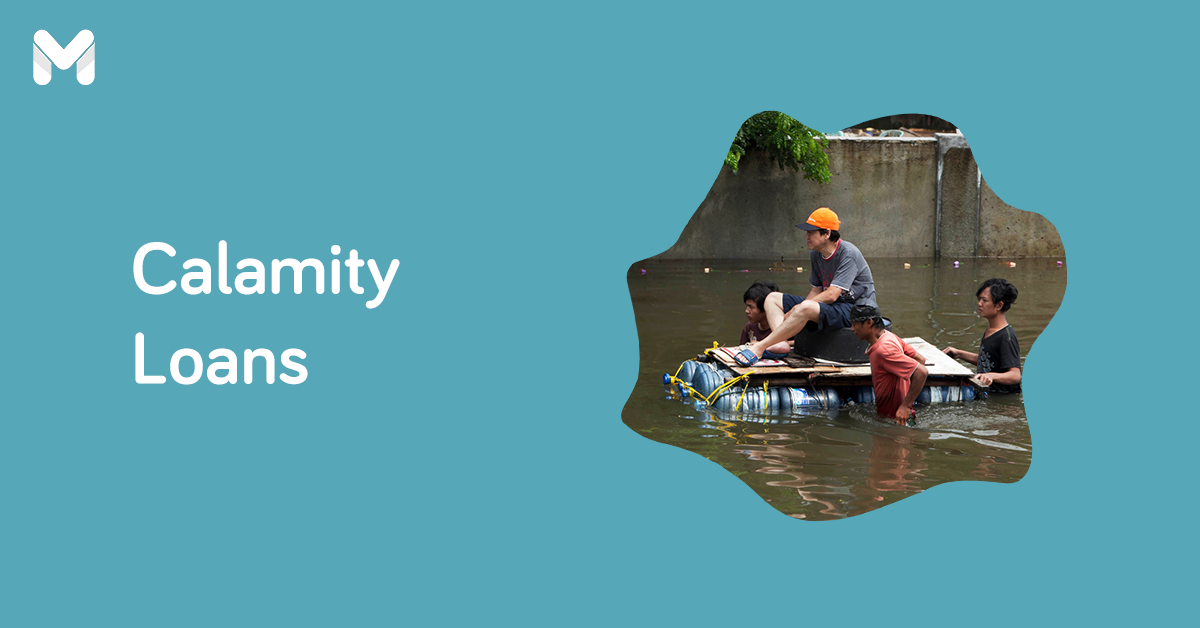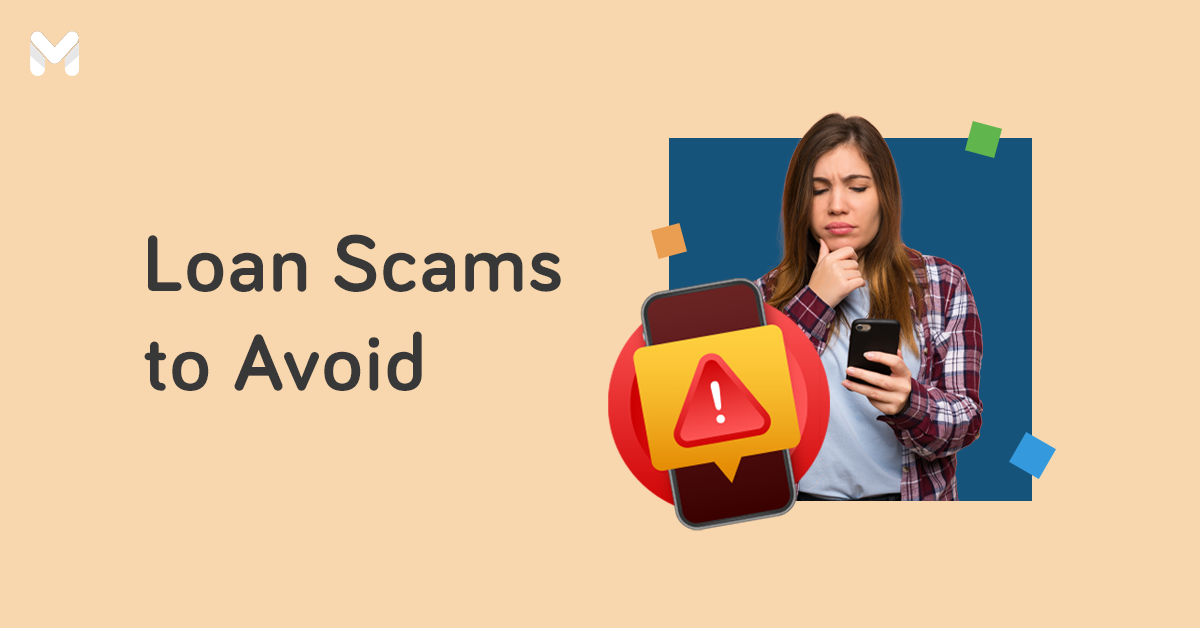Being a freelancer has its downsides, and one of them involves getting a loan for freelancers in the Philippines.
Formal lending institutions like banks and government agencies are strict when it comes to loan approvals. They require borrowers to provide their payslips, income tax return (ITR), certificate of employment, and other financial documents to prove their ability to repay a loan on time.
If you don't have proof of a stable income, you have a slim chance of getting approved. Worse, you can get downright rejected for a loan. Even though you're earning more than an average employee, lenders will still see you as a credit risk because of the usual unpredictability of freelance income—unless you have documents to prove otherwise.
However, don't let your self-employment status stop you from borrowing money to cover your financial needs. It takes some effort and patience. But you can definitely improve your chance of getting approved for a freelancer loan with the following tips.
How to Get a Loan as a Freelancer in the Philippines
1. Register as a Taxpayer
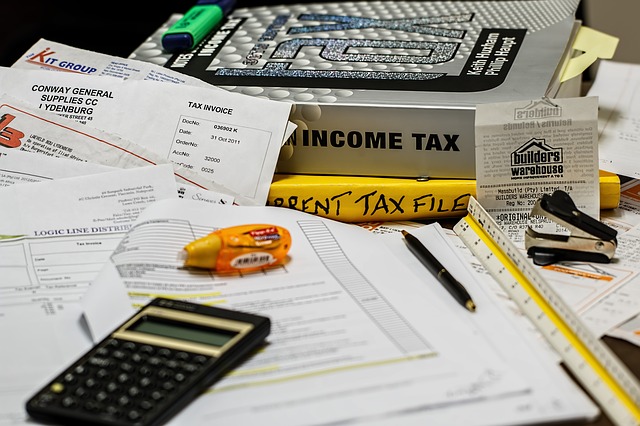
In order to figure out how to get a loan as a freelancer, you must register as a self-employed professional or business with the Bureau of Internal Revenue (BIR). Once you're a registered taxpayer, you can start filing your ITR.
Aside from being proof of paying income taxes, the ITR shows how much you earn in a year. It's one of the documents that lenders use to decide to have an easy approval of a loan application.
Tedious as the process may be, filing your ITR will help you in getting not only a freelancer loan but also credit cards and visas. So start doing it as soon as you can since it's hard to get a personal loan for freelancers in the Philippines without an ITR.
2. Secure Your Business Registration Documents
Are you a self-employed individual running a small business on top of your freelance gigs? You need to register with the Department of Trade and Industry (DTI) and secure business permits from different government offices.
Your business registration papers will help boost your chance of fast approval for a loan for freelancers. These documents prove you have other sources of income aside from freelancing.
3. Maintain a Good Credit Score
Another way to make yourself creditworthy and likely to be approved for a freelancer loan in the Philippines is to build and maintain a good credit score.
A credit score is what lenders use to evaluate loan applicants. By looking at a prospective borrower's payment history, a lender will have an idea of that person's capacity to pay back a loan.
As a freelancer, having an excellent credit score will work to your advantage. Pay your insurance premiums and credit card bills in full and on time. If you don't have a credit card yet, you can easily qualify for a secured credit card and use it responsibly to build a good credit history.
Read more: Home Credit Loans: Know the Pros and Cons Plus Steps to Application
4. Prepare Your Supporting Financial Documents
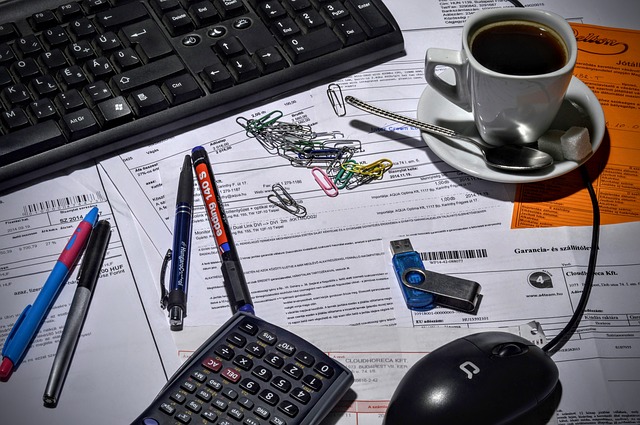
Lenders need assurance that their borrowers will repay what they owe, which is why they ask for several income documents. Even if you are not employed by a company and have no payslips as proof of income, you can try submitting other documents to prove your capacity to pay.
Take a look at all your sources of income and see if you can get documents as proof. Here are the documents that some lenders accept:
- Bank statements for the past six months
- Certificate of employment from clients - You can request your clients to give you a certification that states your employment, your gross income, and how long you've been rendering services to them.
- Certificate of Earnings from Upwork - If you get your freelance projects through Upwork, you can get a Certificate of Earnings report[1] from the online job search platform. This document shows a freelancer's earnings for the past one to 12 months. Lenders such as the Pag-IBIG Fund accept the Certificate of Earnings for applications for loans for freelancers, subject to certain conditions.
- Stock certificate and other certifications of investments - If you've been investing in stocks, UITFs, and/or mutual funds for a while, you can get a certification from your broker or bank that proves your ownership of investments.
- Proof of asset ownership under your name - Do you own a car, real estate property, or any other valuable asset? You can provide documents to the lender to prove you own certain assets.
5. Try to Borrow From a Bank Where You Have a Long-Time Account
Contact the bank where you have a long banking relationship with (at least one year) to check if you can get a personal loan for freelancers in the Philippines. The bank may consider lending you money if you've been receiving payments from your freelance gigs into your bank account and maintaining a large amount of deposit for a long time.
6. Get a Cash Loan for Freelancers From Legitimate Private Lenders

Need to borrow cash immediately but don't have any financial documents? The easiest way to get a personal loan for freelancers in the Philippines is to borrow from informal lenders. These companies offer salary loans, payday loans, online cash loans, instant loans, and quick cash loans.
However, be sure to deal only with legitimate lending companies. They should be registered with the Securities and Exchange Commission[2], like Tala Philippines and Loan Ranger.
These private lenders for personal loans allow freelancers in the Philippines who don't qualify for bank loans to apply online for their respective personal loans. Unlike formal lenders, private lenders only require borrowers to submit valid IDs and meet the minimum age requirement (18 years old).

List of Personal Loans for Freelancers
Below are the top options for personal loan for freelancers in the Philippines. This list is based on loans with requirements that long-time freelancers can presumably provide.
BPI Personal Loan

- Maximum loan amount: Up to PHP 1 million
- Interest rate: 14.40% per annum
Required documents:
- Accomplished BPI form
- Valid government-issued ID
- Latest Income Tax Return (BIR Form 1701)
- SEC Registration or DTI Certificate
- Latest Audited Financial Statements (AFS)
- Business Permit or Mayor’s Permit
Read more: Easy Guide to Applying for a BPI Personal Loan
UnionBank Personal Loan
- Maximum loan amount: Up to PHP 2 million
- Interest rate: 26.9% per annum (Effective Interest Rate)
Required documents:
- Accomplished form
- Latest Income Tax Return (BIR Form 1701)
- Valid government-issued ID
- Latest Audited Financial Statements (AFS)
- Minimum annual income of PHP 250,000
- Owns a principal credit card for at least a year
EasyRFC Multi-Purpose Loan

- Maximum loan amount: Up to PHP 150,000
- Interest rate: 4% add-on interest
Required documents:
- Accomplished online RFC form
- Latest Income Tax Return (BIR Form 1701)
- Latest Audited Financial Statements (AFS)
- Two valid government-issued IDs
- SEC Registration or DTI Certificate
- Business Permit or Mayor’s Permit
- Latest one (1) month utility bill
- Two 2x2 ID photos
- Passbook (active for at least six months)

Read more: RFC Loan Guide: How to Get a Loan from Radiowealth Finance
RCBC Personal Loan

- Maximum loan amount: Up to PHP 1 million
- Interest rate: 6.08% per annum, 1.40% per month add-on
Required documents:
- Accomplished RCBC application form
- Latest ITR or Audited Financial Statements
- Latest 3-month bank statement
- Copy of valid government IDs
- SEC Registration or DTI Certificate
- Business Permit or Mayor’s Permit
SB Finance Personal Loan

- Maximum loan amount: Up to PHP 2 million
- Interest rate: 29.48% per annum, 1.89% per month add-on
Required documents:
- Accomplished SB Finance application form
- Latest 1-year Audited Financial Statement (AFS) with at least the previous year’s comparative financials
- Copy of valid government IDs
- Latest three (3) months bank statements
- SEC Registration or DTI Certificate
- Business Permit or Mayor’s Permit
- List of 3 trade references (at least 1 supplier and 1 customer)

Read more: Why and How to Get a Security Bank Personal Loan in the Philippines
TALA Personal Loan
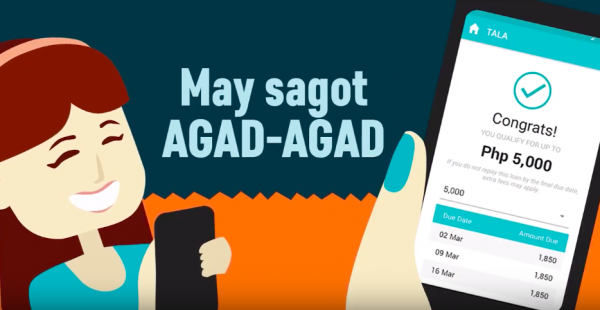
- Maximum loan amount: Up to PHP 15,000
- Interest rate: 15% add-on interest
Required documents:
- Android smartphone with OS 4.1 or higher
- Tala Loan Philippines app
- Copy of valid government IDs

Read more: Tala Loan Guide: Everything About Borrowing from Tala Philippines
Final Thoughts
While getting a loan for freelancers in the Philippines is challenging, it doesn't mean it's impossible. If you're just starting out as a freelancer, you're better off waiting for a few more years—at least a year or two—before applying for a personal loan. This enables you to do the steps discussed above to increase your chance of loan approval.
Compare Other Loans for Freelancers!
Looking for a personal loan? Below is a list of trusted personal loan companies and their loan features. Compare your options and apply through Moneymax!
Sources:
- [1] Certificate of Earnings (Upwork)
- [2] List of Registered Firms and Individuals (Securities and Exchange Commission)





